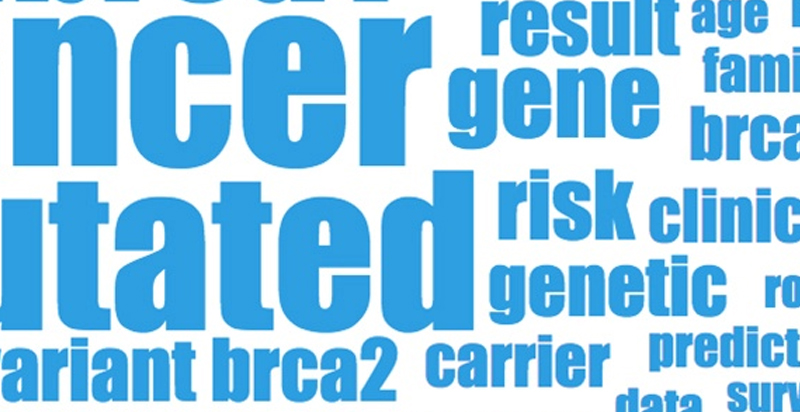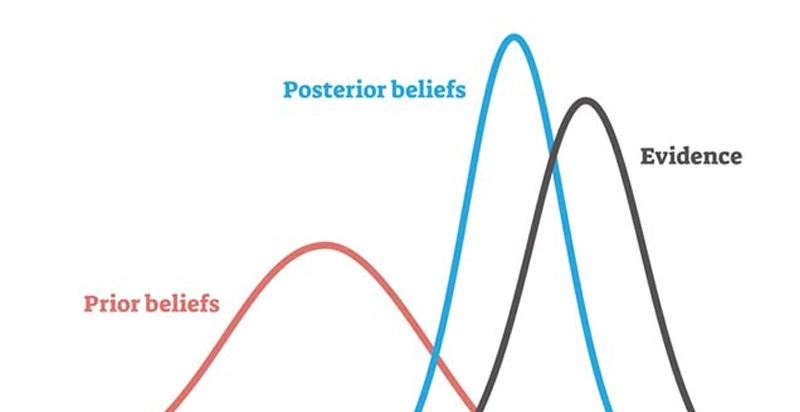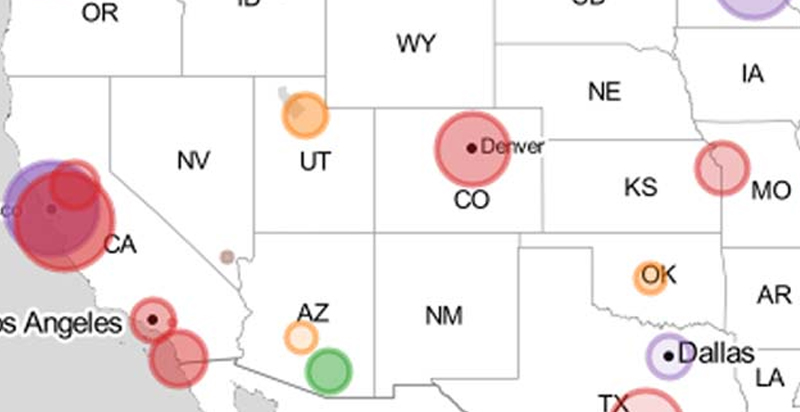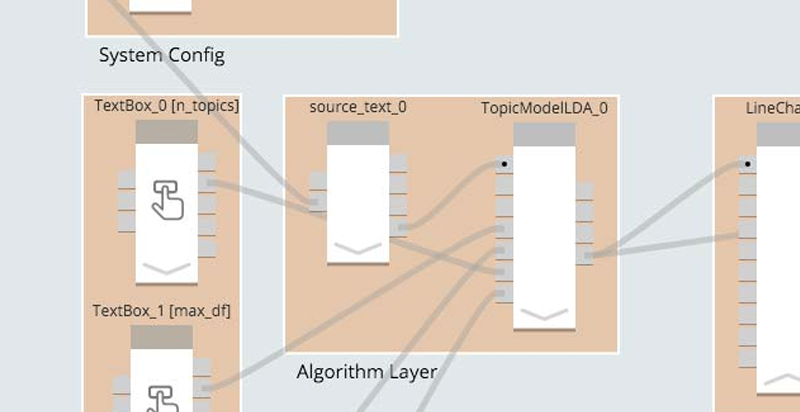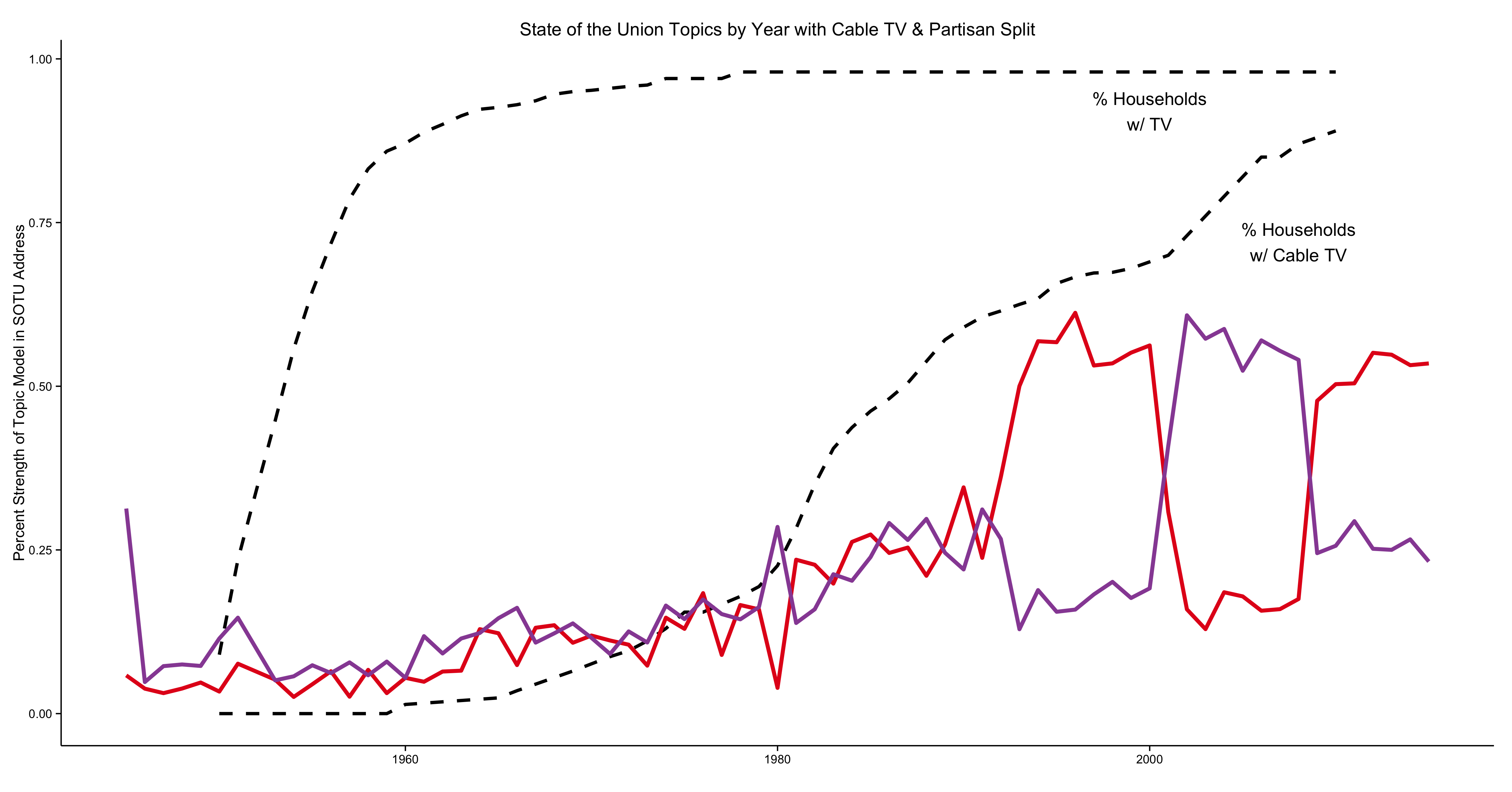I recently moved from Boston to Oklahoma City. My wife got offered a tenure-track position at the University of Oklahoma, which was too good an opportunity for her career for us to pass up. Prior to the move, I had done a lot of traveling in the US, but almost exclusively on the coasts, so I didn't know what living in the southern Midwest would bring, and I was a bit trepidatious. It has turned out to be a fantastic move. There is a thriving high-tech startup culture here. I've been able to hire some great talent out of the University, and we're now planning to build up a big Exaptive home office here. Even more important, I was delighted to find a state that was extremely focused on fostering creativity and innovation. In fact, the World Creativity Forum is being hosted here this week, and I was asked to give a talk about innovation. As I thought about what I wanted to say, I found myself thinking about . . . cowboys.
Read More »Blog
Ethical Data Standards to Drive Society Forward
I am constantly amazed by the energy and momentum around data science. Only a few years ago, I would be met with a blank stare when I told someone I planned on going to grad school for machine learning. Today, there is no need for my “it's like computer science, linear algebra, and statistics had a combined love child” analogy as most people instantly respond with “Oh, like AI!”
Read More »How Data Visualization Supports the Formation of Better Hypotheses
Since Exaptive launched in 2011, we’ve worked with many researchers, particularly in medicine and the natural sciences. PubMed®, a medical journal database, pops up repeatedly as a key tool for these researchers to develop hypotheses. It’s a tool built in a search-and-find paradigm with which we’re all familiar. Execute a keyword search. Get a list of results. Visualization can make search - and, therefore, research - much more meaningful.
Read More »Modern Research: Faster Is Different
Faster is different. It sounds strange at first because we expect faster to be better. We expect faster to be more. If we can analyze data faster, we can analyze more data. If we can network faster, we can network with more people. Faster is more, which is better, but more is different.
Read More »Machine Learning Helps Humans Perform Text Analysis
The rise of Big Data created the need for data applications to be able to consume data residing in disparate databases, of wildly differing schema. The traditional approach to performing analytics on this sort of data has been to warehouse it; to move all the data into one place under a common schema so it can be analyzed.
Read More »Moving Beyond Data Visualization to Data Applications
One thing we love doing at Exaptive – aside from creating tools that facilitate innovation – is hiring intelligent, creative, and compassionate people to fill our ranks. Frank Evans is one of our data scientists. He was invited to present at the TEDxOU event on January 26, 2018.
Read More »Alleviating Uncertainty in Bayesian Inference with MCMC sampling and Metropolis-Hastings
Bayesian inference is a statistical method used to update a prior belief based on new evidence, an extremely useful technique with innumerable applications. Uncertainty about probabilities that are hard to quantify is one of the challenges of Bayesian inference, but there is a solution that is exciting for its cross-disciplinary origins and the elegant chain of ideas of which it is composed.
Read More »A Data Application to Foretell the Next Silicon Valley?
Can we predict what the next hub of tech entrepreneurship will be? Could we pinpoint where the next real estate boom will be and invest there? Thanks to advances in machine learning and easier access to public data through Open Data initiatives, we can now explore these types of questions.
Read More »How a Data Scientist Built a Web-Based Data Application
I’m an algorithms guy. I love exploring data sets, building cool models, and finding interesting patterns that are hidden in that data. Once I have a model, then of course I want a great interactive, visual way to communicate it to anyone that will listen. When it comes to interactive visuals there is nothing better than JavaScript’s D3. It’s smooth and beautiful.
Read More »Topic Modeling the State of the Union: TV and Partisanship
Do you feel like partisanship is running amok? It’s not your imagination. As an example, the modern State of the Union has become hyperpartisan, and topic modeling quantifies that effect.
Read More »Recent Posts
Posts by Author
- AIBS BioScience Talks (1)
- Alanna Riederer (1)
- Austin Schwinn (2)
- Clive Higgins (3)
- Dave King (7)
- Derek Grape (2)
- Dr. Alicia Knoedler (2)
- Frank D. Evans (4)
- Jeff Johnston (1)
- Jill Macchiaverna (9)
- Josh Southerland (1)
- Ken Goulding (1)
- Luke Tucker (3)
- Matt Coatney (3)
- Matthew Schroyer (4)
- Mike Perez (10)
- Sandeep Sikka (1)
- Shannan Callies (2)
- Stephen Arra (1)
- Terri Gilbert (2)
- Tom Lambert (2)
Posts by Tag
- Innovation (19)
- collaboration (19)
- team building (17)
- Data Applications (15)
- Data Science (14)
- collaborate (13)
- new idea (13)
- Data Visualization (12)
- cognitive city (11)
- cognitive network (11)
- teambuilding (11)
- discovery (10)
- thought leadership (10)
- Exaptation (9)
- research (9)
- technology (8)
- Data Exploration (7)
- Platforms (7)
- Data + Creativity (6)
- Text Analysis (6)
- open data (6)
- software (6)
- tech (6)
- Big Data (5)
- Network Analysis (5)
- conference (5)
- ethnographics (5)
- human-computer interaction (5)
- innovation software (5)
- network diagrams (5)
- Communicating About Data (4)
- Dataflow Programming (4)
- Design (4)
- HCI (4)
- Platform (4)
- Rapid Application Development (4)
- artifact (4)
- co-production (4)
- innovation management software (4)
- startup (4)
- use case (4)
- women in tech (4)
- attribute (3)
- entrepreneurship (3)
- ethnographic (3)
- ethnography (3)
- Abstraction (2)
- Data-driven Decision Making (2)
- Machine Learning (2)
- PubMed® Explorer (2)
- User Interface (2)
- algorithm (2)
- entrepreneur (2)
- 3d Visualization (1)
- Financial (1)
- Netflix (1)
- building models (1)
- hackathon (1)
- hairballs (1)
- interdisciplinary (1)
- knowledge graph (1)


